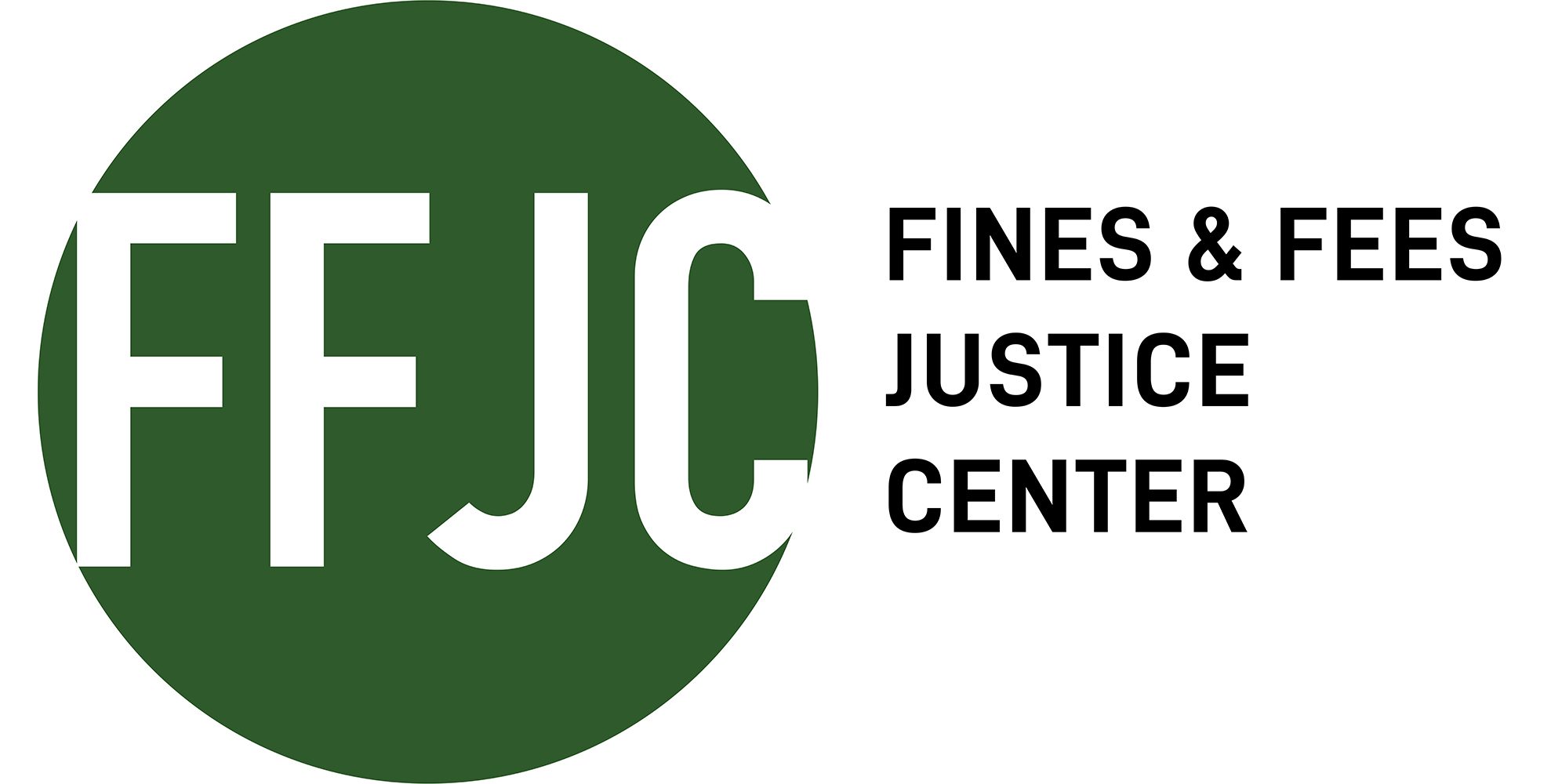In 2017, over 28,0000 local governments reported a total of almost $5 million in revenue from fines and fees.
The utilization of fines and fees in the criminal legal system for revenue generation raises substantial questions regarding equity and may create perverse incentives for government entities dependent on the revenue, particularly municipal courts. The structure and funding of municipal courts varies, from unified court systems to less centralized systems. Revenue is either remitted within the state court system or to the state’s general fund. Over half of the municipalities most reliant on fine and fee revenue are located in states with a unified court system, and 92 percent partially or fully fund themselves. Researchers calculated fines and fees revenue across the national landscape using 2017 data from state and local governments’ financial reports and the Annual Survey of State and Local Finances published by the Census Bureau. The report highlights revenue and cost considerations and the negative social and economic consequences of fines and fees. The report also includes alternatives to the current system of fines and fees and makes recommendations for reform.
You can read the full text here.
Key Findings:
- Rural areas with small populations tend to be the most dependent on fines and forfeits; fines and forfeits comprised 50 percent or more of general revenues in 42 municipalities.
- Local governments in Arkansas, Georgia, Illinois, Louisiana, New York, Ohio, Oklahoma, and Texas rely heavily on fines and fee revenue.
- There’s a positive correlation between the African American population of cities and the cities’ reliance on fines and fees revenue.
Recommendations:
- End the use of user fees and poverty penalties in the criminal legal system.
- States should allocate funds from general revenues to fund court systems.
- Eliminate all fines and fees in the juvenile system.
- End driver’s license suspensions for failure to pay fines and fees.
- Collect and publish data on court debt and collection practices.
